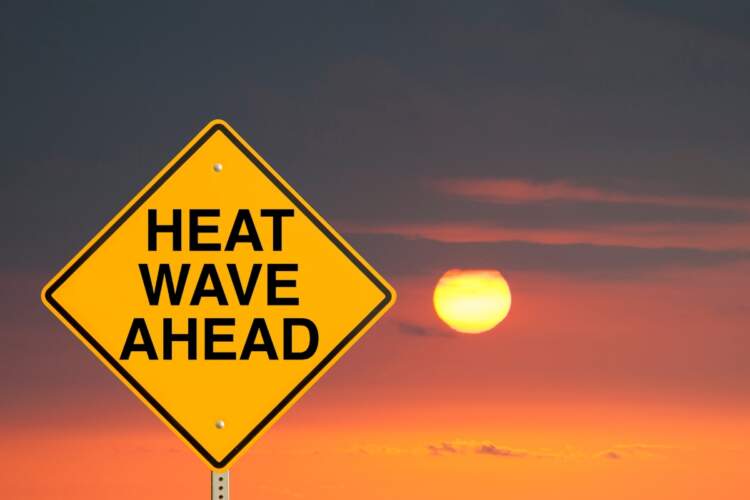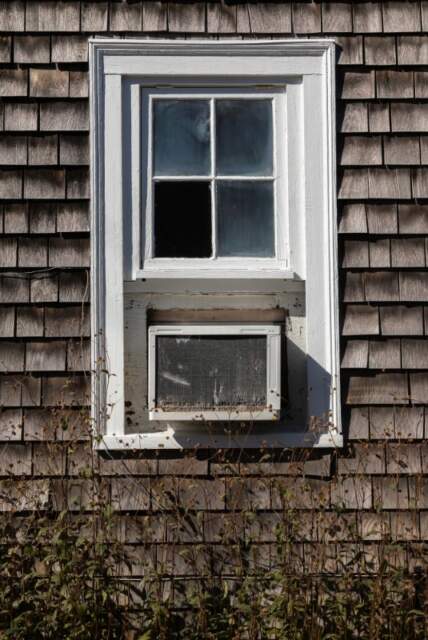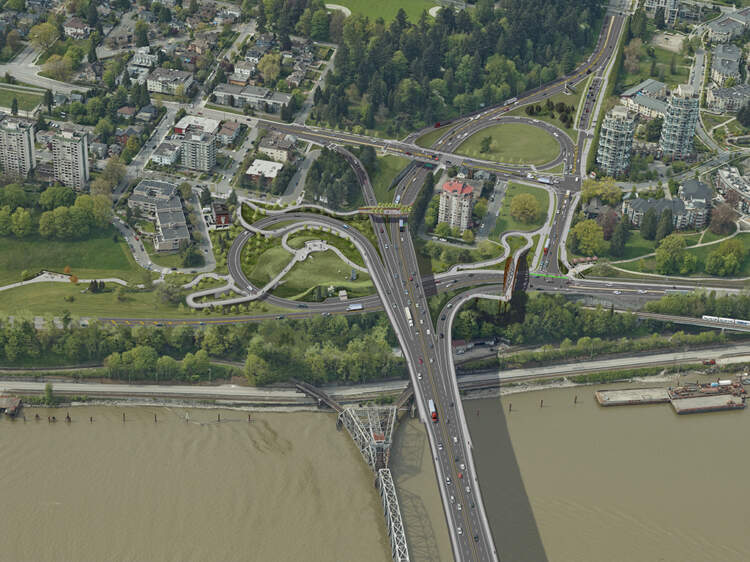5 Key Facts to Know About Air Conditioning in Metro Vancouver

Unprecedented Late Spring Warm-Up Shatters Records in Metro Vancouver
Source: Vancouver Sun
Between June 25 and July 1, 2021, Metro Vancouver experienced a heat dome event, resulting in the tragic loss of over 600 lives, primarily among vulnerable seniors residing in uncooled environments.

Metro Vancouver faces an unprecedented heatwave and urges the provision of portable air conditioners for vulnerable residents.
Here are key insights about air conditioning in Metro Vancouver:
- Substantial Subsidies for Heat Pump AC Systems
Both federal and provincial governments aim to reduce carbon emissions by transitioning from gas-burning heaters and coolers to electric-powered alternatives, supported by clean hydroelectricity in British Columbia. Homeowners installing heat pump systems, which also function as air conditioners, can benefit from substantial rebates. For instance, a $15,000 heat pump installation in Vancouver in 2022 could yield $6,000 from BC Hydro, $4,000 from the City of Vancouver, and $5,000 from the federal government. However, as of May 2023, the City of Vancouver has suspended its rebate program due to high demand. - Mandatory Air Conditioning in New Multi-Family Homes
Commencing in 2025, the City of Vancouver mandates the inclusion of mechanical air cooling equipment in all new multi-family homes. - Ban on Non-Heat Pump AC Systems
Starting from January 1, 2023, newly installed air-conditioning systems in existing detached homes must be electricity-powered, providing low-carbon heating and cooling. Additionally, home renovation projects exceeding $250,000 require the electrification of space heating and hot water systems. - Increased Demand Strains B.C. Hydro’s Electric Network
B.C. Hydro witnessed a record-breaking peak hourly demand in May, driven partly by the surge in air conditioner usage. As the adoption of heat pump air conditioners and electric vehicles grows, B.C. Hydro anticipates heightened pressure on its electric grid. The power generated by the Site C dam is expected to accommodate the increased demand, bolstering B.C. Hydro’s revenue. - Alternative Cooling Strategies
While air conditioners provide immediate relief, there are additional ways to keep homes cool. These include closing drapes and blinds, maintaining closed doors and windows when the outside temperature is higher, and utilizing fans. Furthermore, experts recommend lighter-colored building materials and external shading to reduce heat absorption. Talius Habitat Screens, an innovative B.C. company, offers external blinds that effectively intercept solar energy before it reaches windows, surpassing the limitations of indoor blinds.

As Metro Vancouver grapples with an unusual and intense late-spring warm-up, setting new temperature records, experts highlight the urgent need for adaptation to a hotter future. To mitigate the impacts of extreme heat, air-conditioned spaces have become crucial.
Efforts to combat the heat and ensure residents’ comfort require a multifaceted approach that encompasses advanced cooling technologies, sustainable urban planning, and individual conservation strategies.
To read more local news and market updates please check our BLOG PAGE
To view Geoff Jarman’s Listings CLICK HERE



